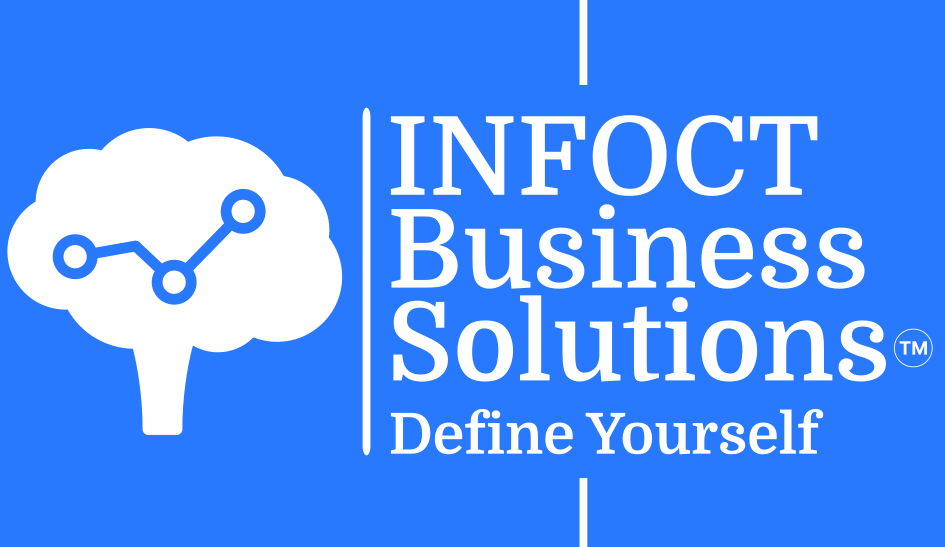Decoding Medical Coding: A Vital Process in Healthcare
Medical coding is a crucial behind-the-scenes process in healthcare that often goes unnoticed but plays a significant role in ensuring accurate billing and efficient healthcare operations.
It involves translating diagnoses, procedures, medical services, and equipment into universal alphanumeric codes that are used for billing and insurance purposes. Let’s delve deeper into the world of medical coding to understand its importance and impact on the healthcare industry.
What is Medical Coding?
Medical coding involves assigning specific codes to medical diagnoses, procedures, and services based on documentation provided by healthcare providers.
These codes are essential for billing purposes, as they determine the amount healthcare providers will be reimbursed for their services. Additionally, accurate coding is vital for maintaining patient records and ensuring compliance with healthcare regulations.
The Role of Medical Coders
Medical coders are trained professionals responsible for reviewing patient medical records, assigning appropriate codes, and ensuring that codes comply with healthcare regulations and guidelines.
They play a crucial role in the healthcare revenue cycle by ensuring that healthcare providers are properly reimbursed for their services.
Types of Codes Used There are several coding systems used in medical coding, including:
- ICD-10-CM (International Classification of Diseases, 10th Edition, Clinical Modification): Used to classify diseases and medical conditions.
- CPT® (Current Procedural Terminology): Used to describe medical procedures and services.
- HCPCS Level II (Healthcare Common Procedure Coding System): Used to code for services and supplies not included in the CPT® codes.
- ICD-10-PCS (International Classification of Diseases, 10th Edition, Procedure Coding System): Used to code for procedures performed in healthcare settings.
Why is Medical Coding Important? Accurate medical coding is crucial for several reasons:
- Ensures proper reimbursement for healthcare providers.
- Facilitates data collection for research and public health purposes.
- Helps in identifying healthcare trends and patterns.
- Ensures compliance with healthcare regulations and guidelines.
How to Become a Medical Coder Becoming a medical coder requires specialized training and certification. Many institutions offer training programs in medical coding, and certification exams are available through organizations such as the AAPC (American Academy of Professional Coders) and AHIMA (American Health Information Management Association).
Salary and Career Outlook According to AAPC, certified medical coders earn an average salary of $60,917 per year, significantly higher than uncertified health information technicians. Career advancement opportunities are also available for medical coders who pursue additional certifications and education.
In conclusion, medical coding is a vital process in healthcare that ensures accurate billing, maintains patient records, and facilitates data collection for research and public health purposes. Medical coders play a crucial role in the healthcare revenue cycle, and their work is essential for the efficient operation of healthcare organizations.



